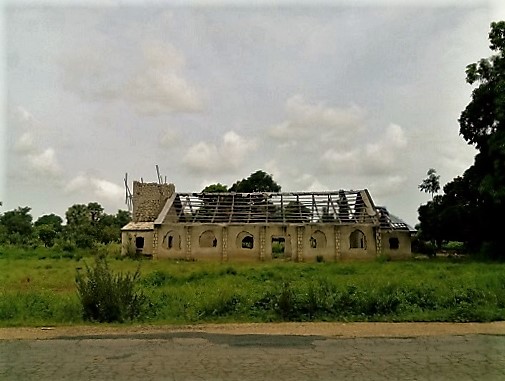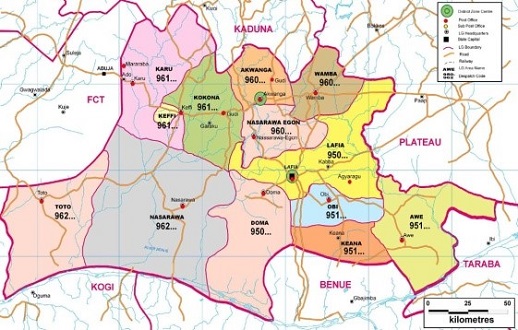
NCSAN
Nigeria’s Middle Belt is the scene of ever-continuing attacks on Christian farmers by mainly Muslim Hausa-Fulani herdsmen, including this past week where attacks have occurred in both Kaduna and Benue states. Now a recent report about another state in the Middle Belt, Nasarawa, shows that it too has been the scene of serious violence against Christians. In the period January 2013-May 2016, 826 Christians were killed and 878 injured. There were 102 churches destroyed or damaged.
Beside these, 787 houses were destroyed, as well as nine shops, and 32 motorised vehicles. Many families were completely deprived of their livelihoods. Around 21,000 Christians were reported as Internally Displaced Persons (IDPs) in different camps inside and outside Nasarawa. Due to the difficult security situation, the authors of the in-depth fact-finding report are convinced that they were only able to report part of what really happened.
Their Nigeria Conflict and Security Analysis Network (NCSAN) report shows that Nasarawa has been engulfed in various forms of conflict since its creation in 1996. Many researchers, policy makers and government officials have explained the conflict in terms of politics, ethnicity and economic contestation over land and resources. In most cases, the religious component of the conflict has been completely downplayed, marginalised, excluded or neglected.

nigerianmuse.com
However, field research conducted by NCSAN on the conflicts which occurred from 2013 to 2016 reveals that Christians have been specifically targeted. Emerging evidence suggests there is a strategic agenda to target and persecute ethnic groups that are predominantly Christian.
The targeting of Christians appears to be carried out by the Hausa-Fulani herdsmen and by deliberate government policies to marginalise Christians and Christian communities. This is evident in political power-sharing and domination through traditional rulership. Islamic identity tends to give Muslims undue advantage over the affairs of the state. Indeed, state government policies are crafted to favour Islam and Muslims. The ongoing persecution of Christians in Nasarawa, like many other places in northern Nigeria, has been ignored.
This study unearths the drivers of persecution against Christian communities in Nasarawa and, importantly, it provides the basis for a policy proposition that encourages the need to build common citizenship among the people.
The report is the third in a series published by Open Doors’ World Watch Research unit. The first report highlighted non-Boko Haram violence against Christians in the Middle Belt region of Nigeria. The second report investigated in greater detail violent conflict in Taraba from 2013 to 2015.
